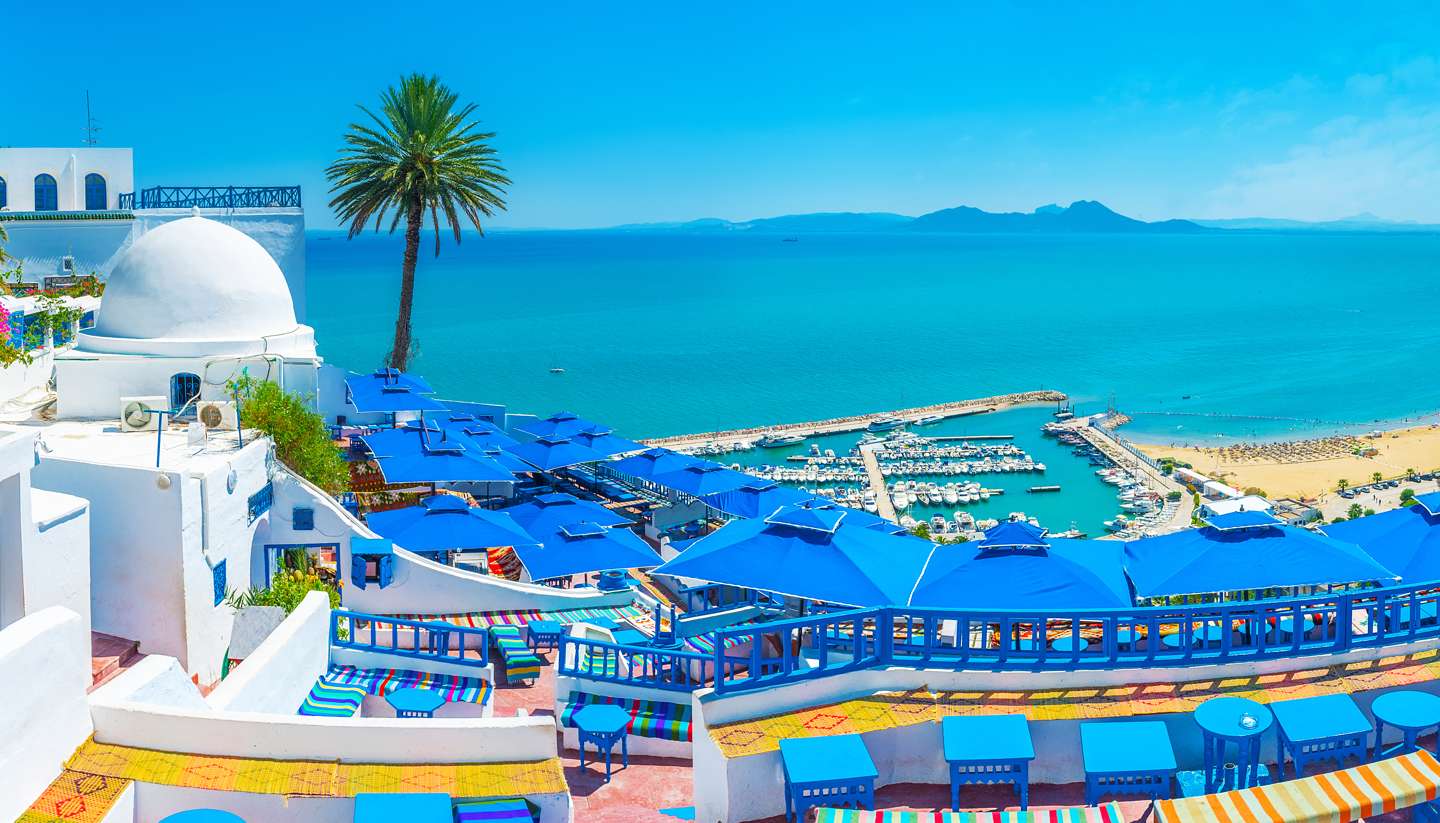Tunisia Health Care and Vaccinations
| Title | Special precautions |
|---|---|
| Yellow Fever | No* |
| Typhoid | Sometimes |
| Tetanus | Yes |
| Rabies | Sometimes |
| Malaria | Sometimes |
| Hepatitis A | Yes |
| Diphtheria | Sometimes |
* A yellow fever vaccination certificate is required from travellers over one year of age arriving from an infected area.
Health Care
Taking out comprehensive travel insurance before travelling to Tunisia is essential. If you are bringing medication into the country for a pre-existing medical condition, carry a letter from your doctor listing the names of the medications, and any syringes or needles, you are carrying with you.
Tunisia's public healthcare system often provides excellent care in larger towns, but be aware that you have to pay for treatment, usually in cash, straight away whether you have travel insurance or not. Larger towns also have private hospitals called 'polyclinics' which provide a range of procedures.
The emergency/ambulance phone number in Tunisia is 190. Ambulance arrival times can be delayed and the service is not available in more rural areas.
Food and Drink
Water is normally chlorinated in urban areas; while it is safe to drink, it may cause mild abdominal upsets. It is advisable to only drink bottled water during your stay, which is widely available everywhere. It's worth also noting that ice is rarely made from bottled water (even in resort areas) so take precautions. Milk should be boiled when unpasteurised. UHT milk is available and is advised.
Only eat well-cooked meat and fish, preferably served hot. Vegetables should be cooked and fruit peeled before eating. When choosing where to eat, look for popular places which have a high turnover of food meaning food will be fresher and will not have been sitting around for a long time. Avoid ice cream being sold on the street, which might have melted and been refrozen.
Other Risks
Vaccinations against Hepatitis B are recommended.
Certificate
Travellers staying longer than 30 days may be required to have an HIV test after arrival. A test is mandatory for people seeking a study or work visa. Antiretroviral drugs are permitted for personal use.


